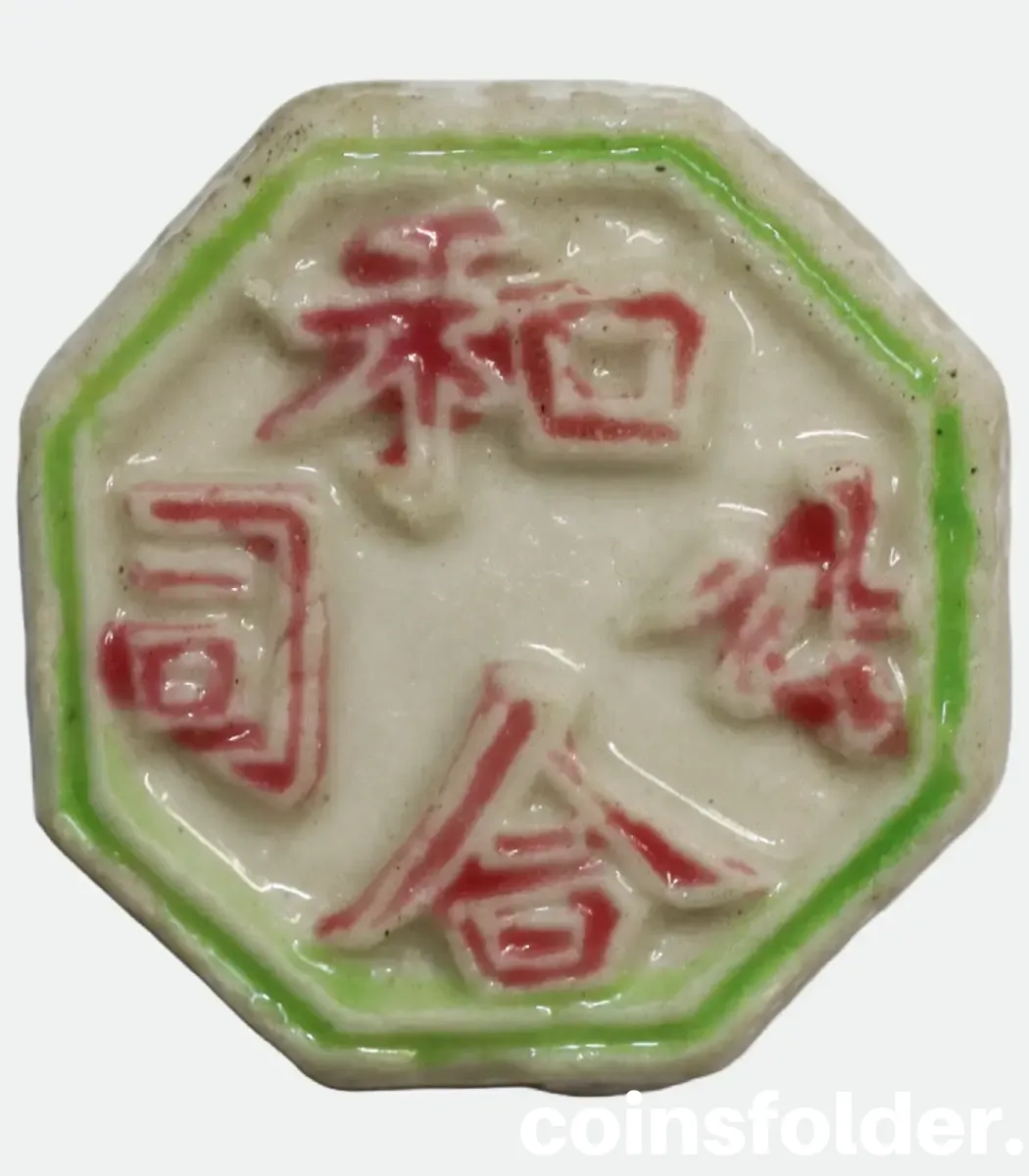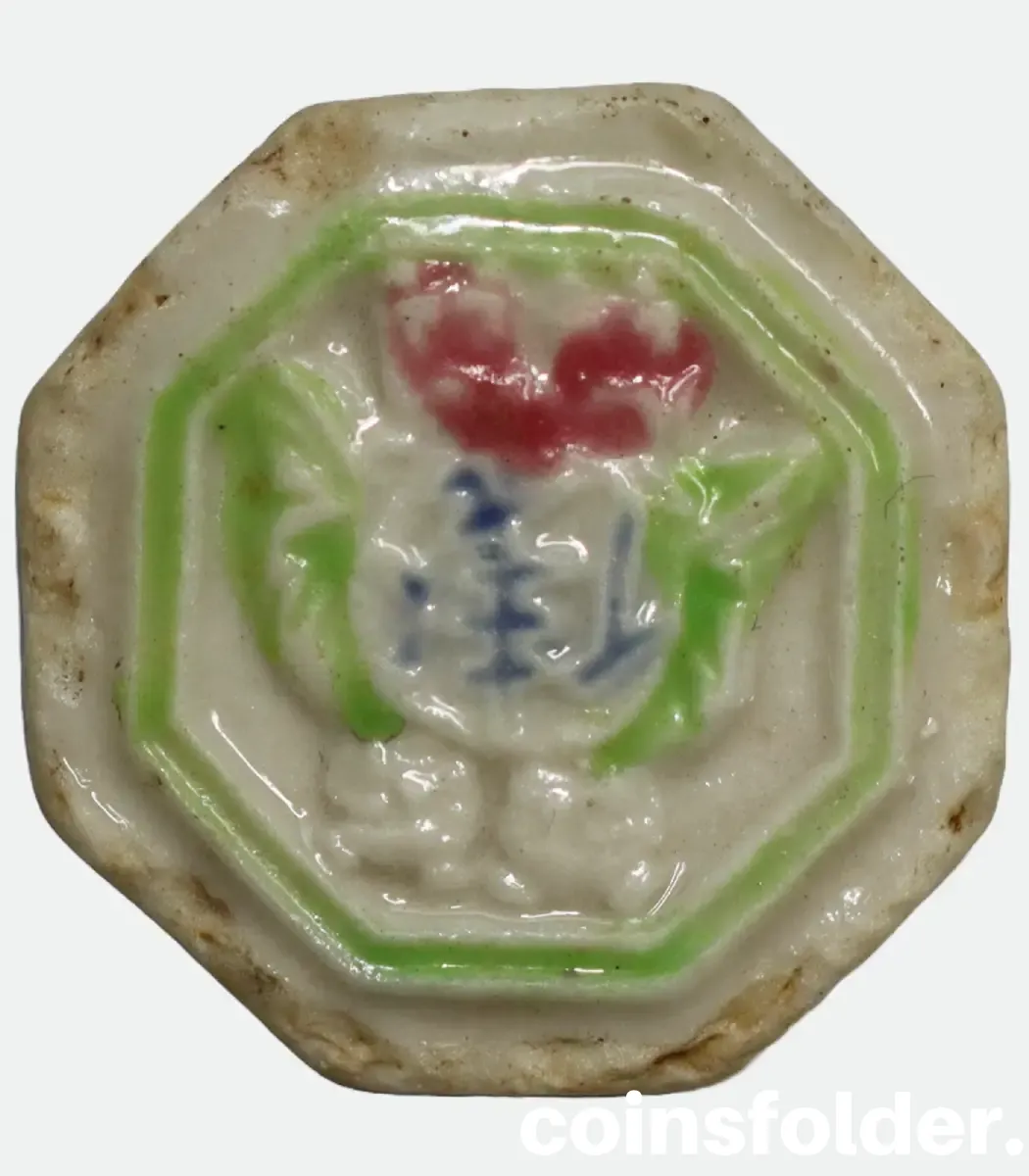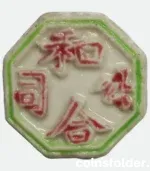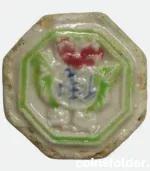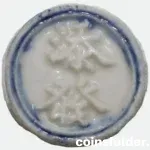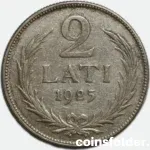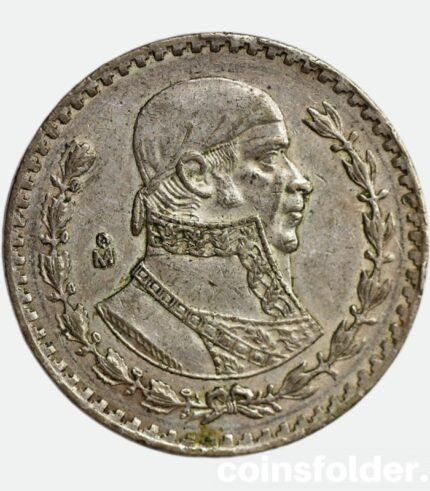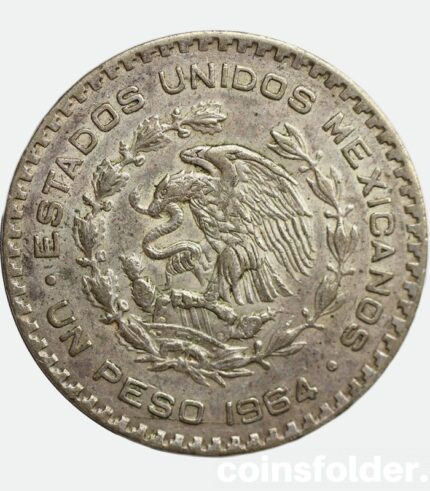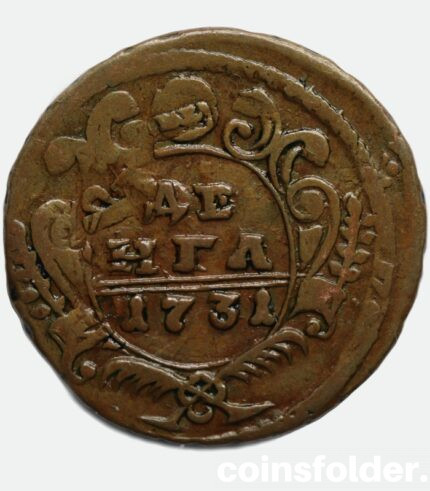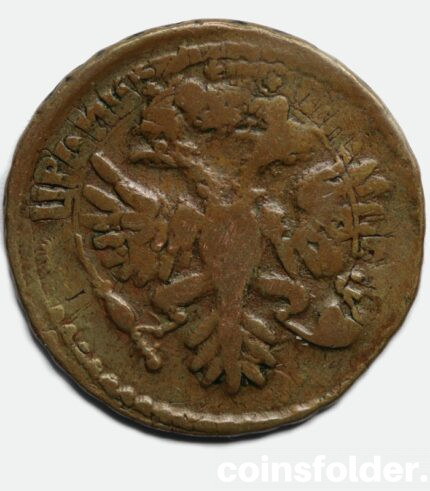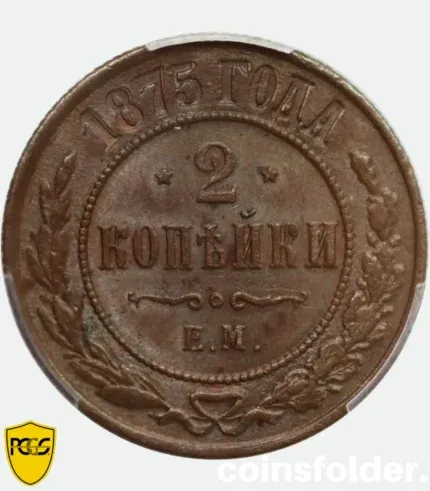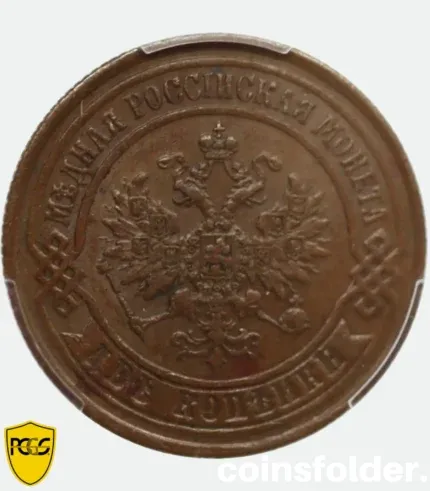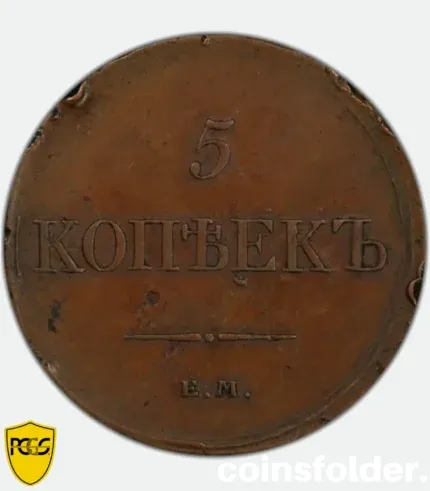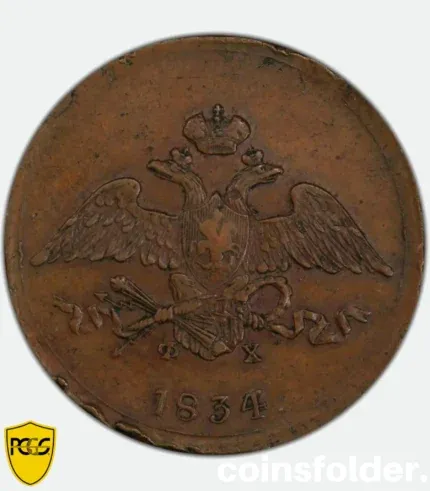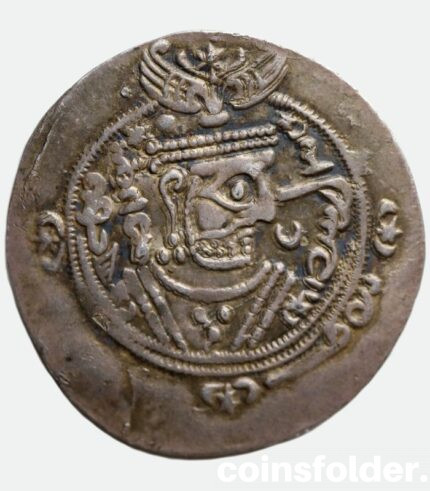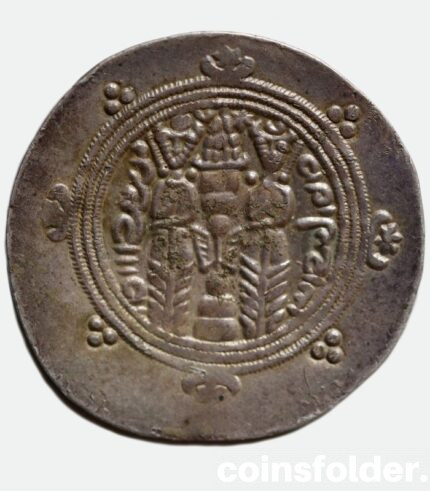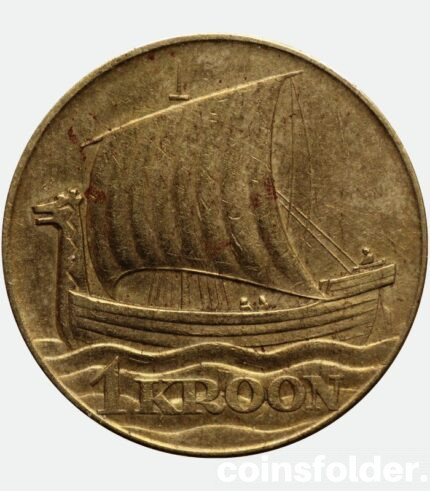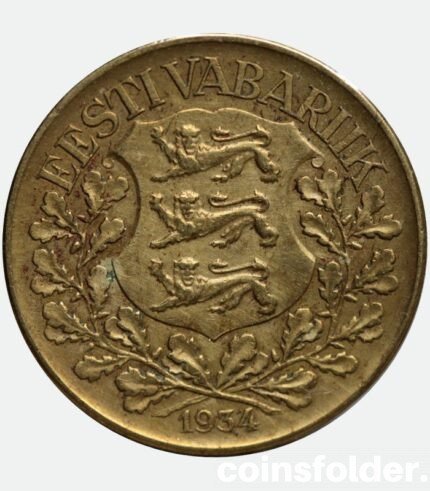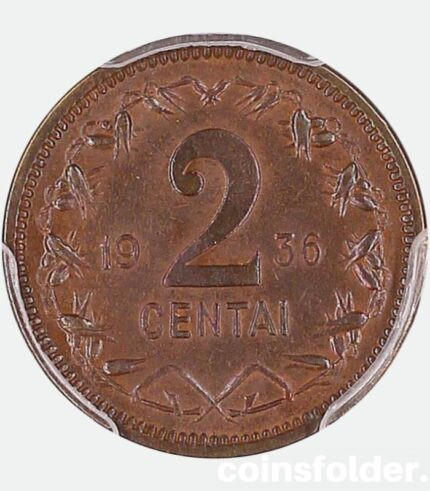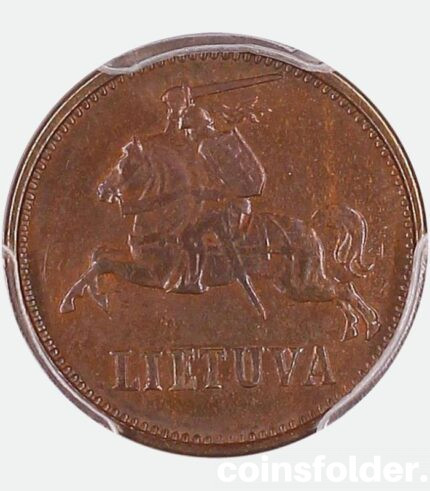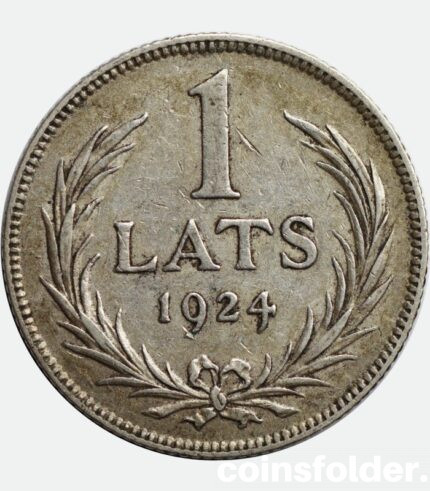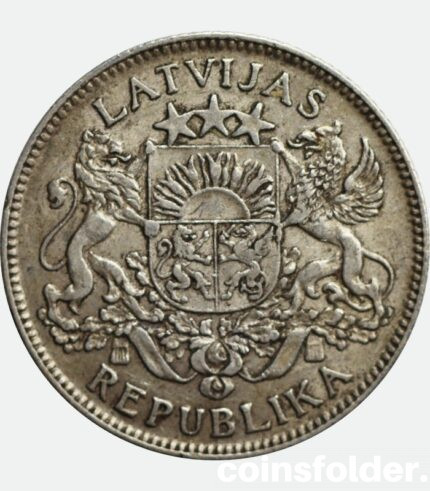1760–1875 Siam Porcelain Gambling Token – Multicolor Pee #7
24,99 €
-
EUR
-
USD
-
AUD
-
SEK
-
GBP
| Metal: | Porcelain; |
| Weight: | 3,03 g; |
| Size: | 21 mm; |
| Thickness: | 3 mm; |
1 in stock
1760–1875 Siam Porcelain Gambling Token – Multicolor Pee
This exquisite 1760–1875 Siam/Thailand porcelain gambling token, commonly known as a “Pee”, is a rare and highly collectible artifact from the vibrant and complex history of Southeast Asia. Finely crafted from glazed porcelain, this token is a testament to the multicultural influence that shaped the economic and social fabric of old Siam (modern-day Thailand).
What sets this particular token apart is its striking multicolor design, showcasing vivid green, red, and blue glazes. These colorful glazes were not merely decorative—they symbolized the wealth and status of the issuing house and served to distinguish tokens across different gambling houses, known locally as “hongs.”
Originally, these tokens were used as counters in Fantan, a popular Chinese game of chance. However, due to the limited availability of small-denomination currency and the impracticality of heavy silver bars (the legal tender at the time), these porcelain pieces gradually became an informal yet widely accepted medium of exchange. As their circulation spread beyond the gambling houses, they effectively operated as local currency within entire districts under the management of Chinese merchants.
Despite being outlawed with the introduction of formal coinage by the King of Siam, the use of pees persisted underground well into the early 20th century. Their practicality, abundance of design variations, and cultural symbolism made them indispensable to local commerce. Historians estimate that thousands of unique types were produced over more than a century, each differing in shape, inscription, color, and symbolism.
This particular example features a rounded shape with crisp Chinese characters and a border design. The back side displays additional calligraphy, reflecting traditional Chinese artistic styles. The smooth ceramic surface with multicolor glaze has aged beautifully, offering a glimpse into the skilled craftsmanship and visual aesthetics of 18th and 19th-century Southeast Asia.
Whether you’re a collector of antique numismatics, a scholar of East Asian cultural heritage, or simply a lover of beautiful artifacts, this piece offers a compelling combination of history, beauty, and rarity. It is perfect for museum-grade collections, academic reference, or as a centerpiece in any curated showcase of Asian antiques.
PLEASE NOTE: The assessment of the condition of the coin is our professional opinion only. In all instances, we kindly request you to assess the condition independently. For this, we provide high-quality photos and, in certain cases, video footage. If you have any questions or need additional photos, please contact us.
Country of Origin
Siam-Thailand
Material
Porcelain
Original
100 % Authentic
Measurements
21 mm
Weight
3,03 g
Condition
XF
| Weight | 0,04 kg |
|---|

